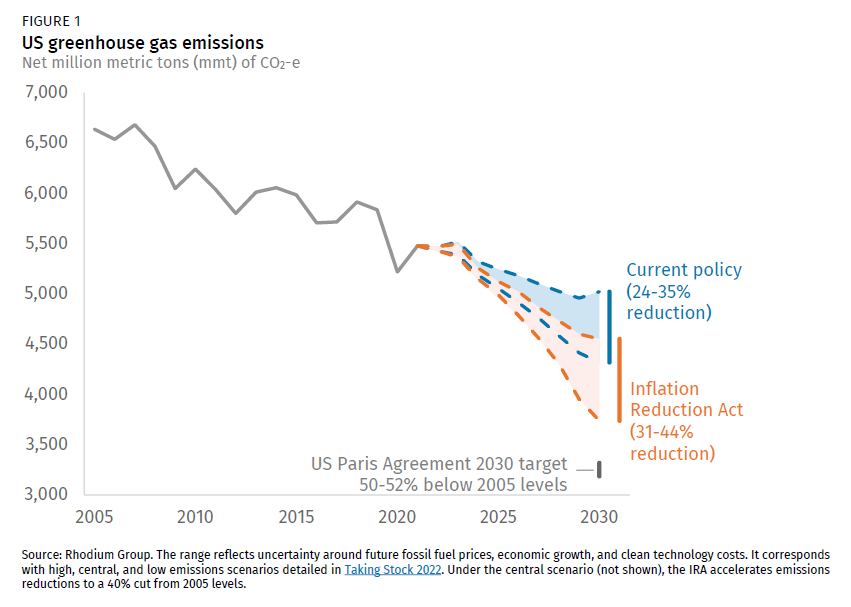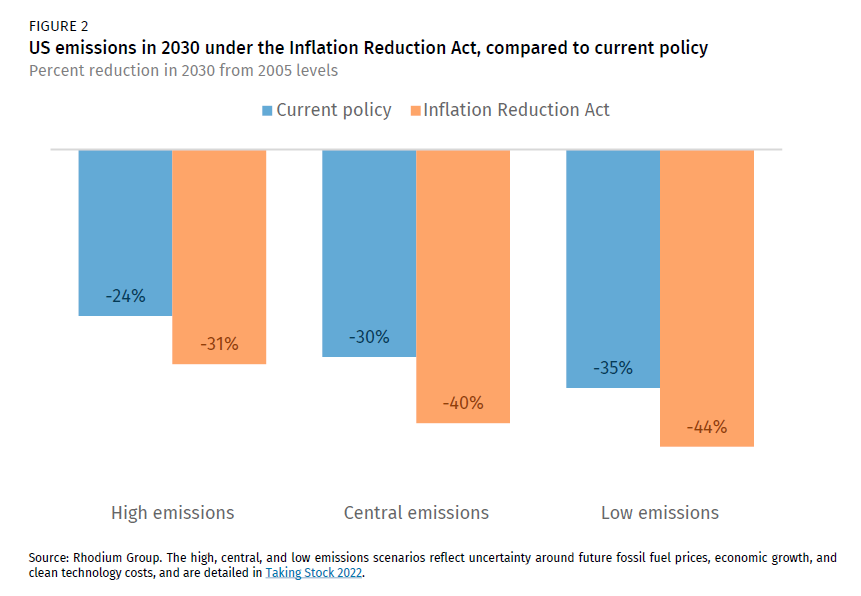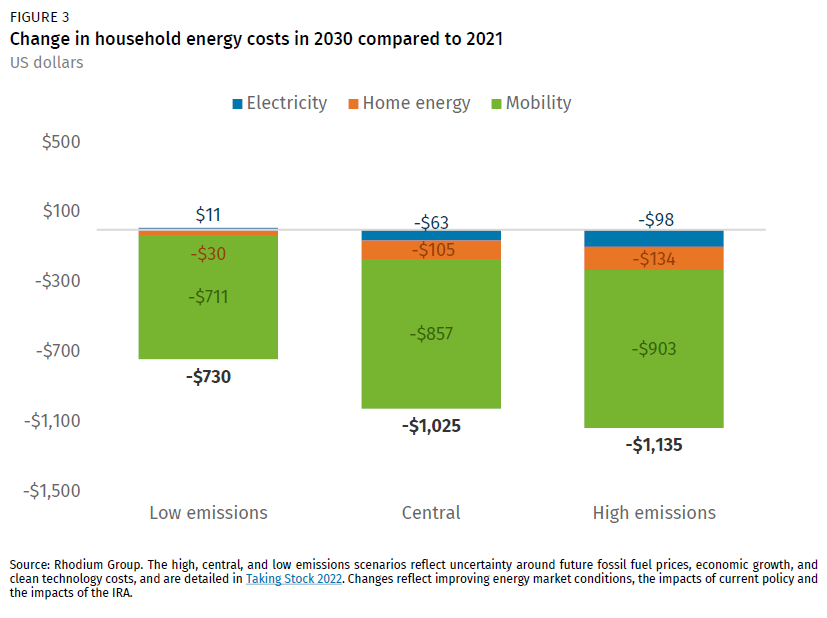|
By Naomi Schroeder Board Member | Minneapolis Climate Action The Inflation Reduction Act (IRA) of 2022 will provide around $370 billion in funding for climate solutions. While some provisions were changed to encourage Senator Joe Manchin’s approval, this deal may provide historic changes for the U.S. in terms of climate change mitigation. Let’s break down how this will impact large renewable energy efforts along with smaller-scale efforts like Minneapolis Climate Action’s work with community solar gardens. (A Matter of Degrees Podcast) Investor-owned utilities, like Excel Energy are eligible entities under the IRA’s Solar Integration and System Reliability Initiative. However, to secure financial assistance from this initiative, the project needs to reach a storage capacity of 1,000 megawatts. Translated, large-scale solar farms benefit from this funding. Within the IRA, Section 40431 outlines clean energy projects that include a form of renewable energy technology, create good jobs, avoid or reduce CO2 emissions, and reside in a location accessible to “economically distressed areas” (Infrastructure Investment and Jobs Act). Grants are being distributed for commercial energy audits to push more efficient systems for lighting, HVAC, windows, appliances and insulation. Loans will be offered for residential energy audits so individuals can better understand what transitions they can make for cost-effective reductions in energy use. (Infrastructure Investment and Jobs Act). Incentives for individuals and families to add solar systems to their homes include a 30% federal tax credit. It is estimated that this could contribute to $1000 in savings annually and enable 7.5 million families to install solar. (Solar United Neighbors) For smaller-scale projects and non-profit organizations like Minneapolis Climate Action, direct pay options will be used in lieu of tax incentives. “Starting in 2023, small community solar projects (under 1 MW) will qualify for a base Investment Tax Credit (ITC) of 30% through 2033” (Solar United Neighbors). Additional credits will be provided if the project holds characteristics like the location at a brownfield site, a low-income community, or tribal land, or if it is a part of a low-income residential building project. Rhodium Group and Energy Innovation both produced data illustrating the possible impact of the Inflation Reduction Act on climate change in the United States. Their analysis differed by 1%, finding that, by 2030, U.S. greenhouse gas emissions will be 40% below 2005 levels. Energy Innovation has created a free and open policy simulator in which you can customize certain policies and see their climate impact. (Evergreen Action) While some provisions of this act are not all great, policy-makers and climate researchers seem to be hopeful about the progress. As a smaller-scale non-profit working to implement solar gardens in our communities, so are we. If you want to learn more about Minneapolis Climate Action and our work, click here. By Naomi Schroeder
Board Member | Minneapolis Climate Action The Inflation Reduction Act (IRA) of 2022 will provide around $370 billion in funding for climate solutions. While some provisions were changed to encourage Senator Joe Manchin’s approval, this deal may provide historic changes for the U.S. in terms of climate change mitigation. Let’s break down how this will impact large renewable energy efforts along with smaller-scale efforts like Minneapolis Climate Action’s work with community solar gardens. (A Matter of Degrees Podcast) Investor-owned utilities, like Excel Energy are eligible entities under the IRA’s Solar Integration and System Reliability Initiative. However, to secure financial assistance from this initiative, the project needs to reach a storage capacity of 1,000 megawatts. Translated, large-scale solar farms benefit from this funding. Within the IRA, Section 40431 outlines clean energy projects that include a form of renewable energy technology, create good jobs, avoid or reduce CO2 emissions, and reside in a location accessible to “economically distressed areas” (Infrastructure Investment and Jobs Act). Grants are being distributed for commercial energy audits to push more efficient systems for lighting, HVAC, windows, appliances and insulation. Loans will be offered for residential energy audits so individuals can better understand what transitions they can make for cost-effective reductions in energy use. (Infrastructure Investment and Jobs Act). Incentives for individuals and families to add solar systems to their homes include a 30% federal tax credit. It is estimated that this could contribute to $1000 in savings annually and enable 7.5 million families to install solar. (Solar United Neighbors) For smaller-scale projects and non-profit organizations like Minneapolis Climate Action, direct pay options will be used in lieu of tax incentives. “Starting in 2023, small community solar projects (under 1 MW) will qualify for a base Investment Tax Credit (ITC) of 30% through 2033” (Solar United Neighbors). Additional credits will be provided if the project holds characteristics like the location at a brownfield site, a low-income community, or tribal land, or if it is a part of a low-income residential building project. Rhodium Group and Energy Innovation both produced data illustrating the possible impact of the Inflation Reduction Act on climate change in the United States. Their analysis differed by 1%, finding that, by 2030, U.S. greenhouse gas emissions will be 40% below 2005 levels. Energy Innovation has created a free and open policy simulator in which you can customize certain policies and see their climate impact. (Evergreen Action) While some provisions of this act are not all great, policy-makers and climate researchers seem to be hopeful about the progress. As a smaller-scale non-profit working to implement solar gardens in our communities, so are we. If you want to learn more about Minneapolis Climate Action and our work, click here.
0 Comments
|
AuthorChris Torres Archives
December 2023
Categories |




 RSS Feed
RSS Feed
